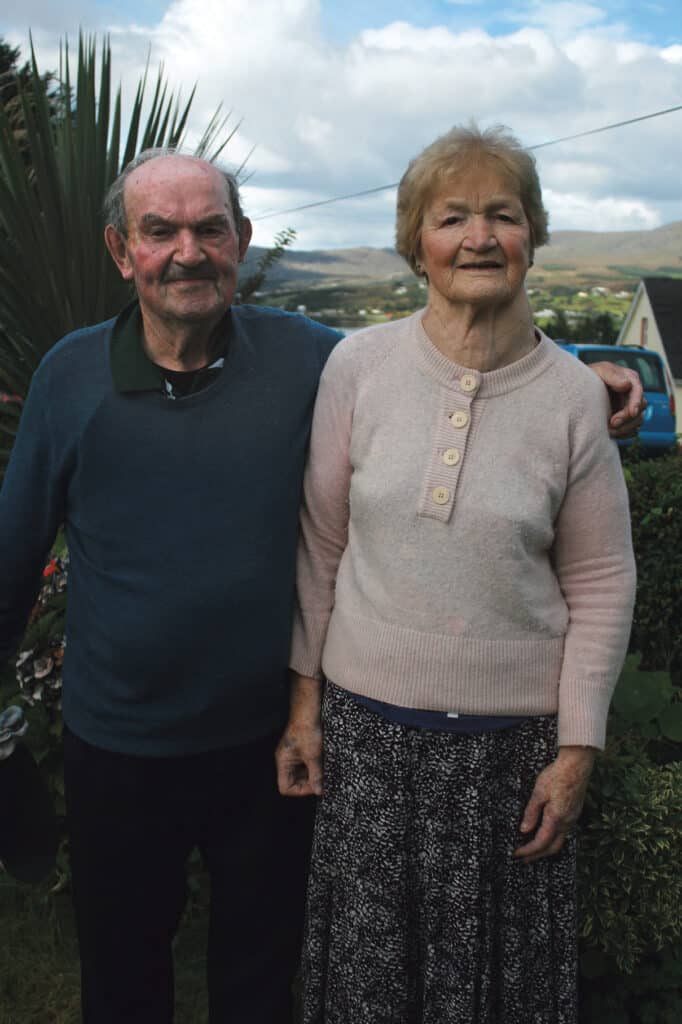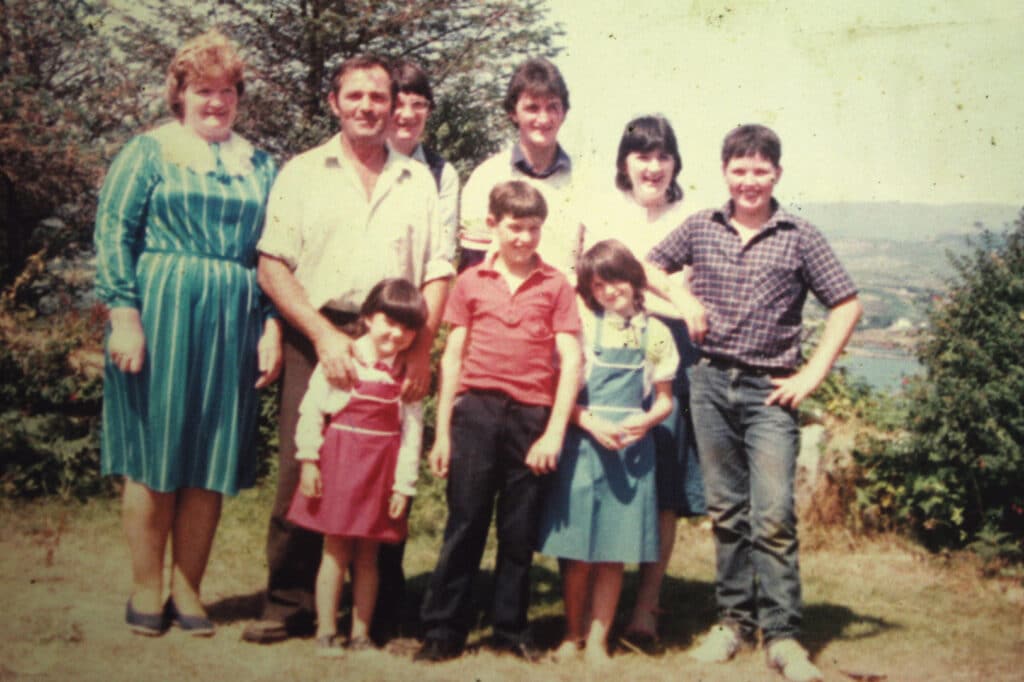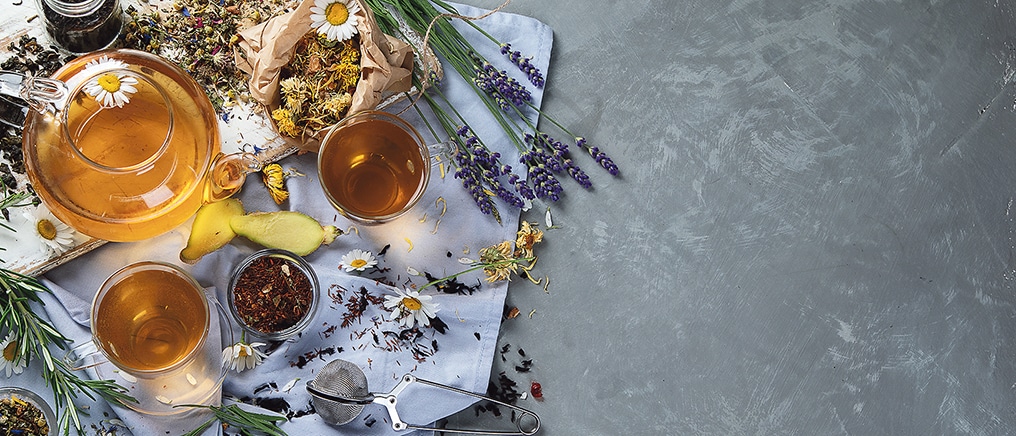Bere islander Gerald Orpen, 86, spent his working life at sea until the recession hit Ireland in the 1980s and he packed his bag and headed to New York to find work on a construction site. While the island was a wonderful place to raise a family, it wasn’t an easy place to earn a living, and the father of seven, married to Mary, tells Mary O’Brien he only wishes he’d travelled stateside sooner.


One of 16 children, including triplets, Gerald Orpen was born on Bere Island. He is one of three siblings surviving today: His brother (88) lives across the bay in Castletownbere and his sister (90) is in a Carmelite monastery in London.
“There was a step,” as Gerald puts it, in the Orpen family. His father, John, a British army man, married twice; meeting Gerald’s mother, Hannah, from Hungry Hill, after his first wife died in childbirth.
“He was an army man more than anything else,” shares Gerald “and not much of a farmer. Growing up we were lucky to have a spoon to share between three of us.”
Gerald can recall getting up very early before school to go out picking periwinkles, which were sold to local buyers for export, and to set rabbit traps. There was no running water or toilet in the house so the children would each take turns bringing a bucket of water in from the well. The home had four cows for milking and the family grew their own vegetables. Every morning one of the children would milk a cow while another would put a pot of potatoes on to boil for breakfast, which would then be mashed with the milk.
He recalls how they used to drag the shopping up to the house in a fish box. “You’d attach a rope to the box and around your waist and pull it on the rough road up to the house.”
For fun they kicked around a ball made out of a stocking packed with straw. “You’d see Spanish fishermen in Castletown doing the same,” says Gerald. A treat was a big packet of broken biscuits bought for a schilling from Mrs McCarthy in Castletownbere.
Gerald was 14 when he started fishing with his brother in Castletownbere. While there were plenty of fish in the sea at the time, there was very little money to be made in the industry. “We had no ice to pack the fish in, so oftentimes they’d go off before you had a chance to sell them,” he shares. He spent eight months fishing, day and night, before saving up enough to travel to Dublin. Here he met a Captain Knight on the North Wall in Dublin Port, who got him a job as a Deckhand Uncertified (DHU) on a cattle boat, supplying the growing live trade to Britain from the Dublin Cattle Market. Each week thousands of cattle were driven on foot by drovers through the city and on to boats in the North Wall before being shipped over to Birkenhead in Liverpool. “It was terrible hard work,” says Gerald, who recalls how the drovers, mostly ex-army men at the time, wouldn’t travel at all with them if the weather was bad. “You’d have six big bullocks in each pen and if one of them went down the others would stand on top of him,” he shares. “The butchers waiting on the pier in Liverpool would get the fallen ones for little or nothing.”
After cutting his teeth on the cattle boats, Gerald was sent off to Dún Laoghaire by Captain Knight to get his lifeboat ticket (certificate of proficiency).
It was also around this time that he met a lovely lass from Kilkenny. Mary, 20, had been taken out of school by her mother when she was 14 and sent up to Dublin to work, looking after the children of a family who were running a bed and breakfast. Mary loved music and she loved to dance and spent her time off at weekends following the showbands, which is how she met Gerald. “They were great times,” says Mary, who recalls arranging to meet her parents under Nelson Pillar’s or Cleary’s Clock when they came up to Dublin for the GAA matches.
“There wasn’t much courting that time, only ask her straight out,” shares Gerald. “Yes no flowers or dinner,” laughs Mary.
Mary had never been on a boat or an island before meeting her sweetheart! “I brought her down to Glengarriff and over to Garnish island in a small punt with paddles and I said that’s the way ’twill be now on Bere island,” says Gerald. “Don’t jump out!”
After a small wedding in Kilkenny and a honeymoon split between Dublin and Glengarriff, Gerald brought Mary back to Bere Island to meet his parents.
Her clearest memory is of seeing donkeys everywhere when they landed on the shore. “There must have been at least 20 of them.”
“Luckily I’m not the type to get excited,” she says drolly.
Strong and useful, these beasts of burden were used on the island for everything from ploughing to carrying things like turf, seaweed and groceries.
Captain Knight had advised Gerald to find work on a deepwater ship for 12 months or so in order to get his AB (Able Seaman) certification, so while Mary remained at home on Bere island to look after his parents, John and Hannah, next stop Liverpool for her seafaring husband, where he signed on to a Cunard Line, 40,000 ton, ship, which carried motor car parts to Australia and on its return brought back cargo like mutton, beef, peas and wool to London. “Each trip took eight or nine months to make the 16,000 mile crossing,” he shares. “I loved it as the food was plentiful. We used to get a grapefruit every morning before breakfast.”
Back on Bere island, Mary was kept busy keeping the house and the small farm going. “It was lonely at first but once the children started coming along, I settled in and the island became home,” she shares, “and Gerald’s parents were always very good to me.
“I’m still here after 63 years,” she smiles.
After a couple of years on the Cunard, Gerald got a job with the Commissioners of Irish Lights, where he remained for the next ten years.
While it was dangerous work for the 26 pounds a week earnings, it was regular. “We were travelling to lighthouses up and down the coast with building materials,” says Gerald. “Only for our coxswain, Patsy Sullivan-Seer from Bere island, we’d have been lost several times over up against the cliffs.” The four men inside the boat would often be a mix of white and grey from head to foot when the bags of lime and cement hoisted on the sling burst over their heads.
With his contract with the Irish Lights at an end, when the recession hit in the eighties, Gerald, now in his forties, decided to follow his three older children over to the States to search for employment. “I had a family and needed to put food on the table so I didn’t see any other choice,” he says. He found a basement apartment in Queens and a job on a construction site, spending the next 17 years travelling back and forth between the US and Ireland.
“I was working seven days a week and would get home for a few weeks around Thanksgiving,” he shares. One year he put a new roof on the house while he was back on the island.
He always tried to get some fishing in while home. On one occasion he caught a load of mackerel, gutting, cleaning and vacuum-packing the fish and taking it back over to New York in his hand luggage to divide out between neighbours and friends. “It was just starting to smell as we arrived into Kennedy airport,” he laughs.
When Gerald and Mary’s daughter who lived in New York gave birth to quads, Mary travelled over to join her husband and help out, staying for 11 months. She has been over and back many times since and still loves to travel, with a particular fondness for Paris, where she spent some time wandering the narrow cobbled streets when visiting another daughter. A passionate soccer and GAA fan – “You don’t grow up in Kilkenny without learning how to hold a hurley.” – she’s a staunch Chelsea supporter since her first trip to London.
While it took a heart attack to eventually slow Gerald working, he’s still very active today. You’ll pass him busy scything grass and he grew his own veg up until last year, only stopping because it was too much produce for just himself and Mary.
The couple are close to their seven children and 13 grandchildren, who they are very proud of; they all visit them regularly on the island.
Opera or country, or whatever genre happens to be on the radio, can usually be heard in the kitchen, as Mary gets the dinner on…she still loves music.
“We enjoy taking things easy now,” she shares. “We have our health and we don’t want for anything. Hopefully we’ll get another bit out of life!”



